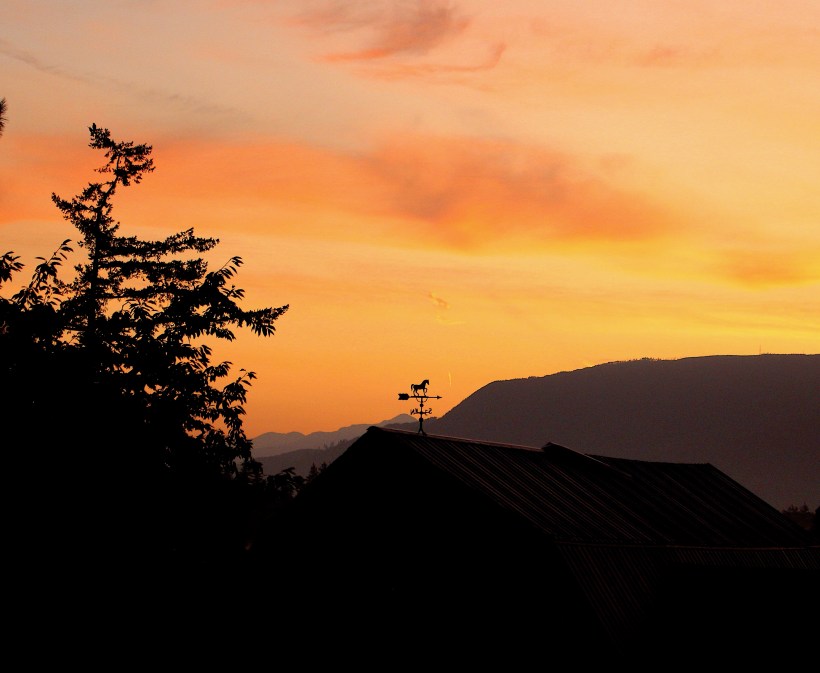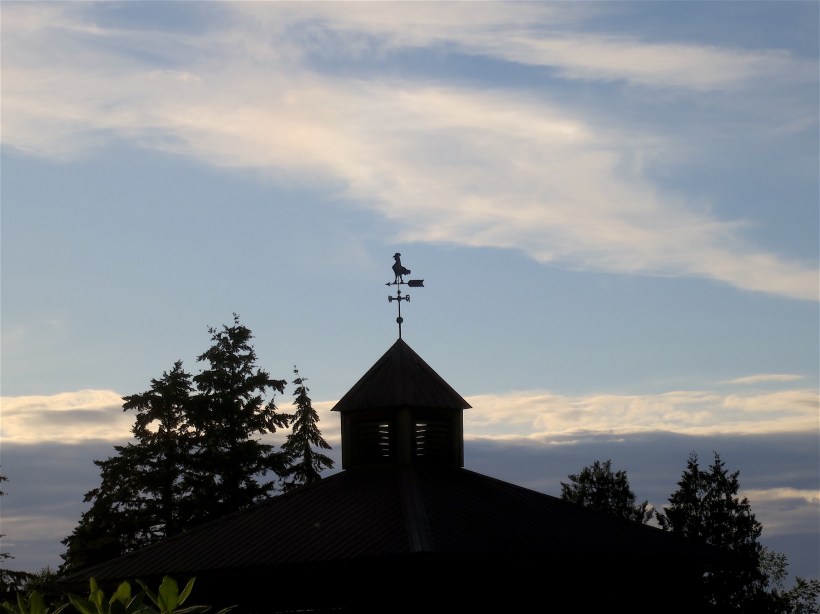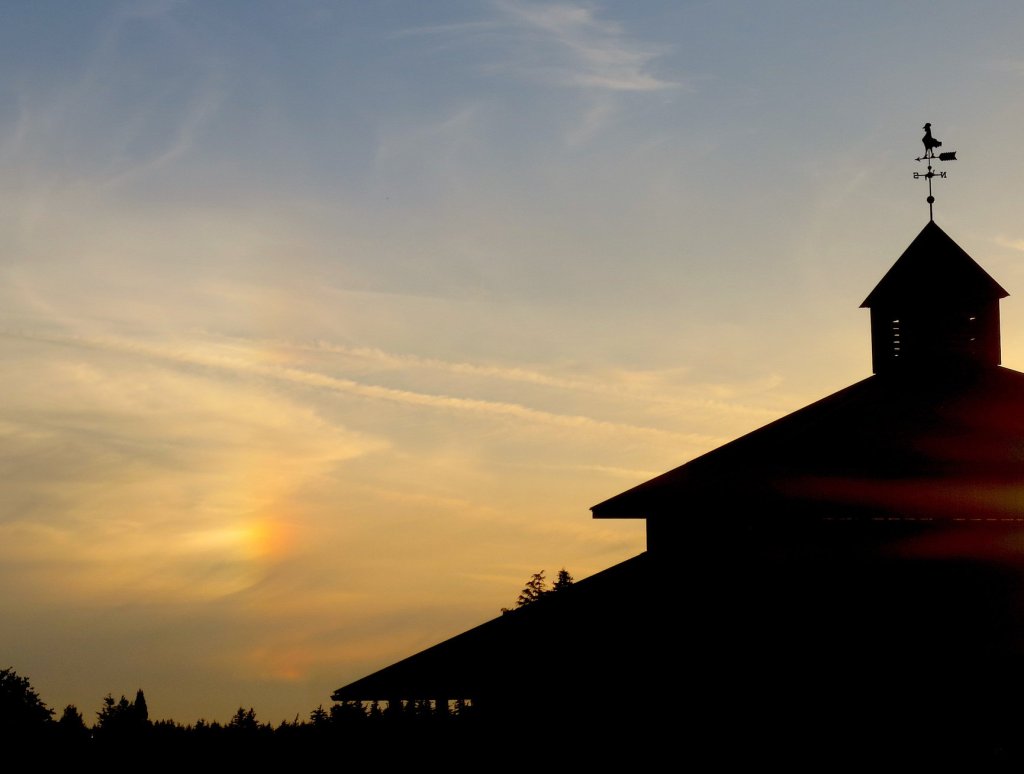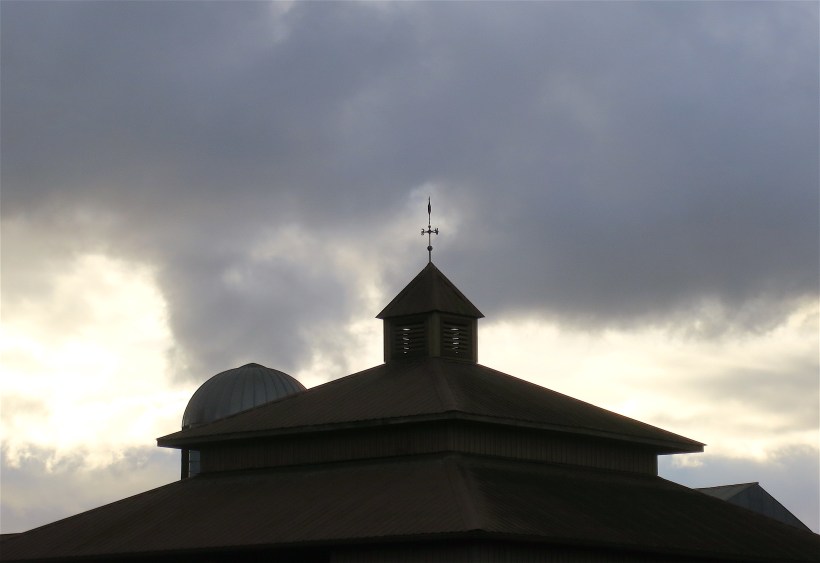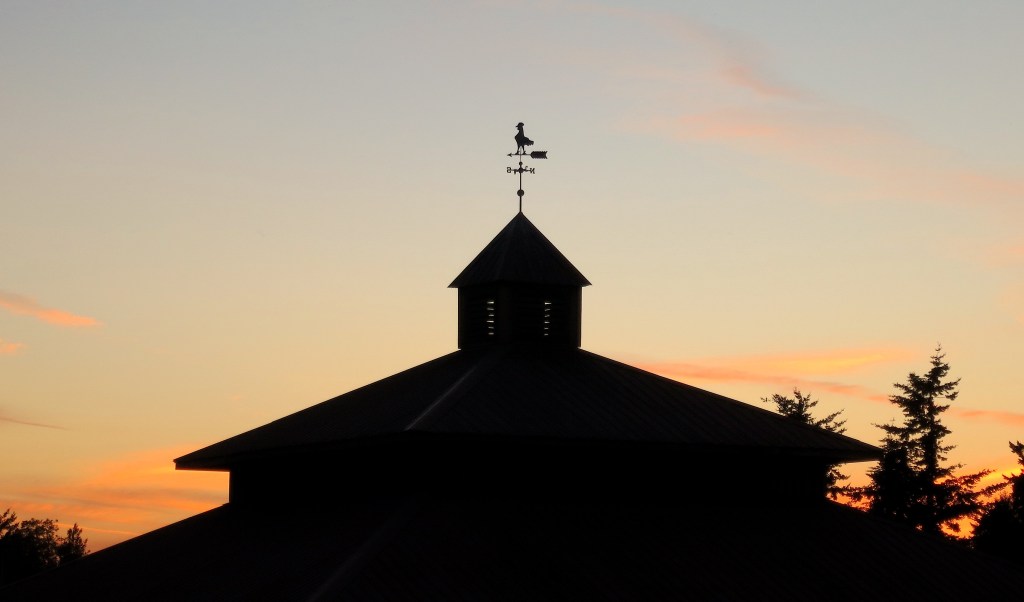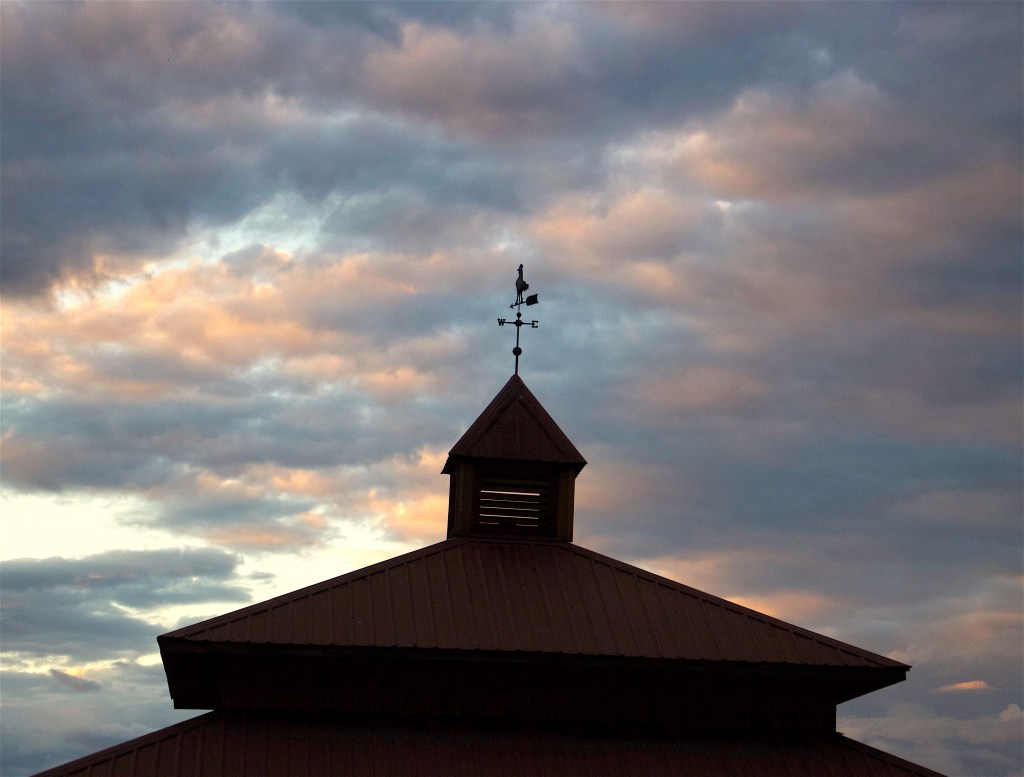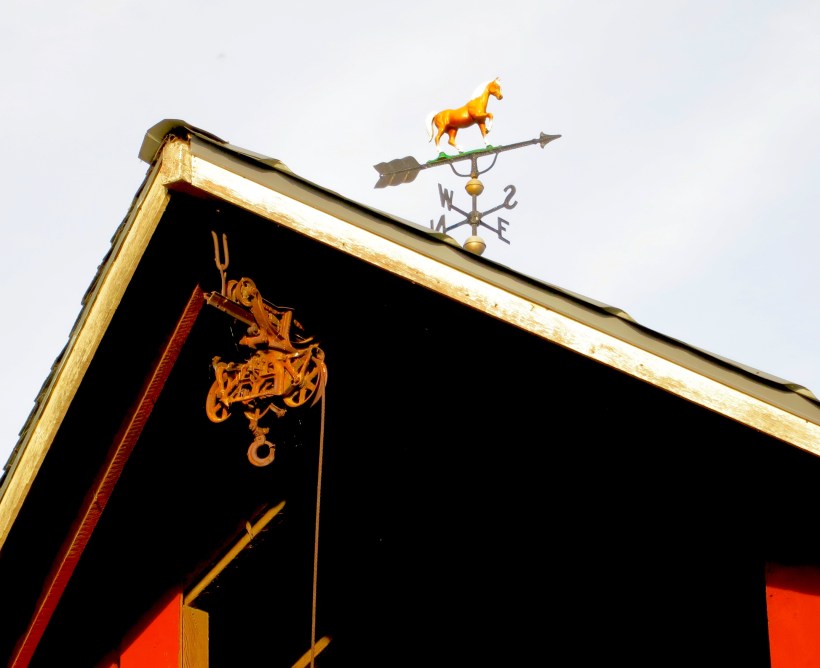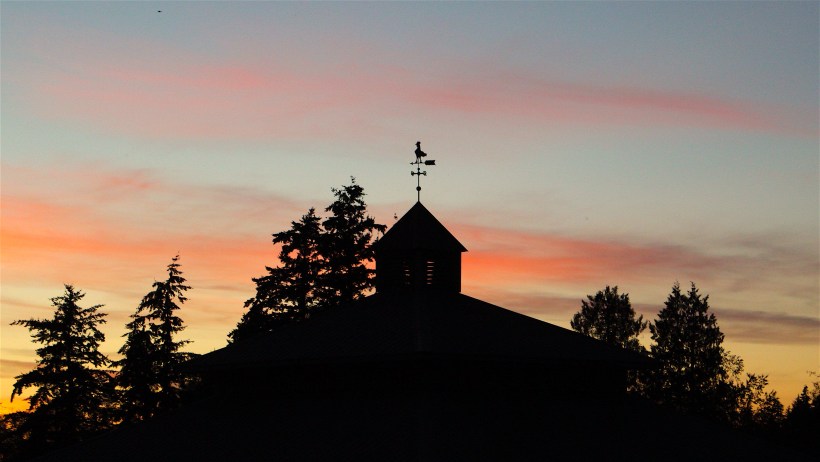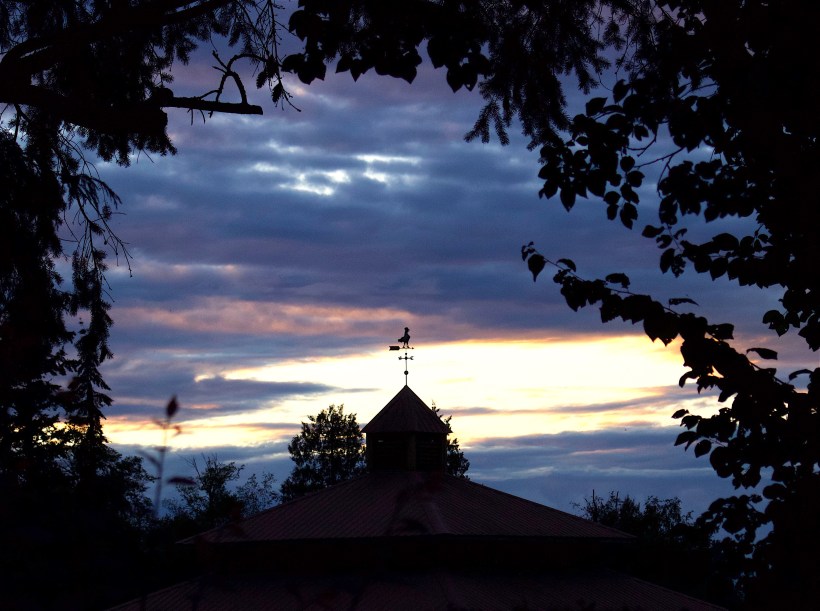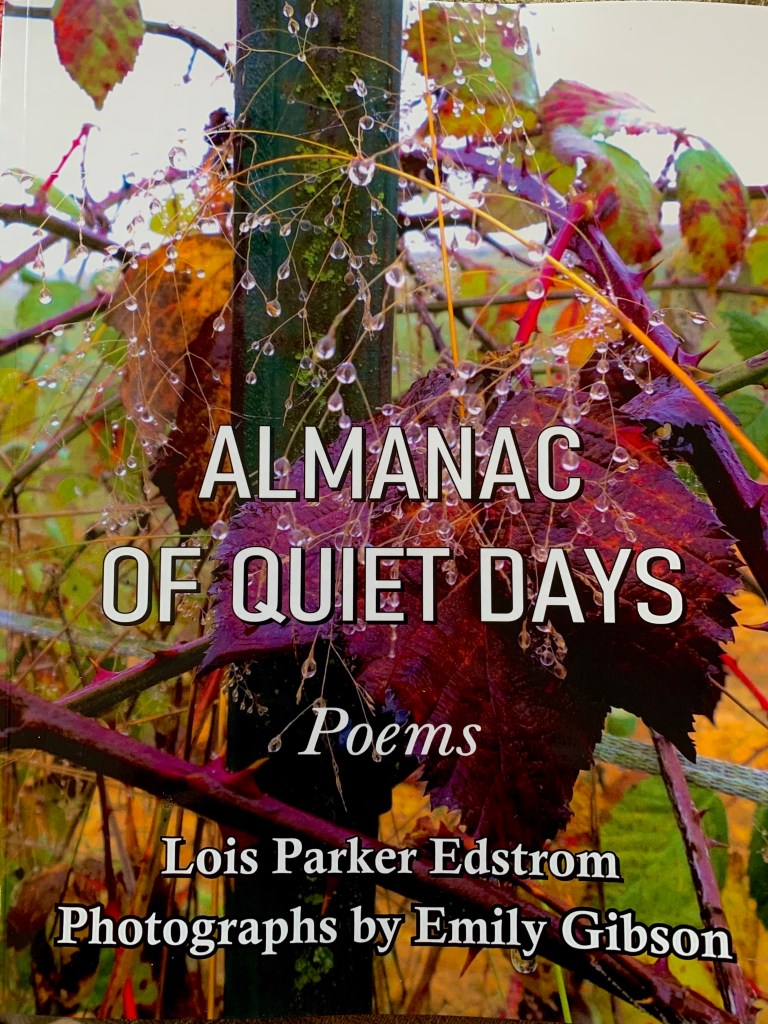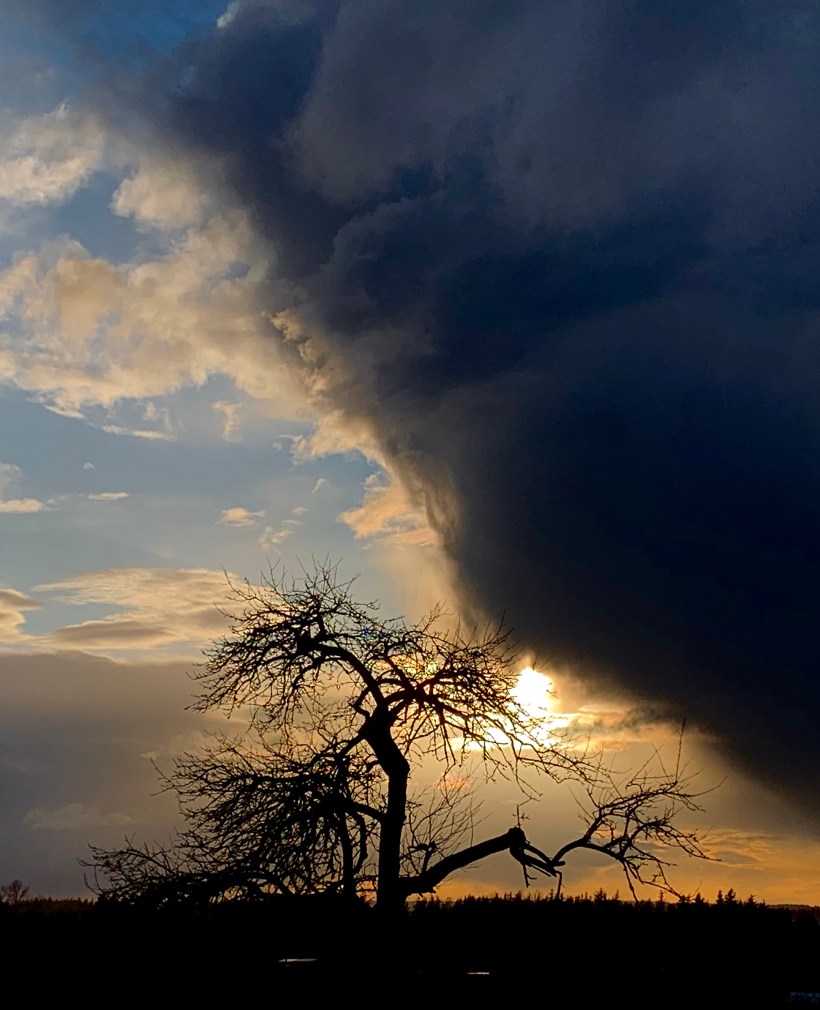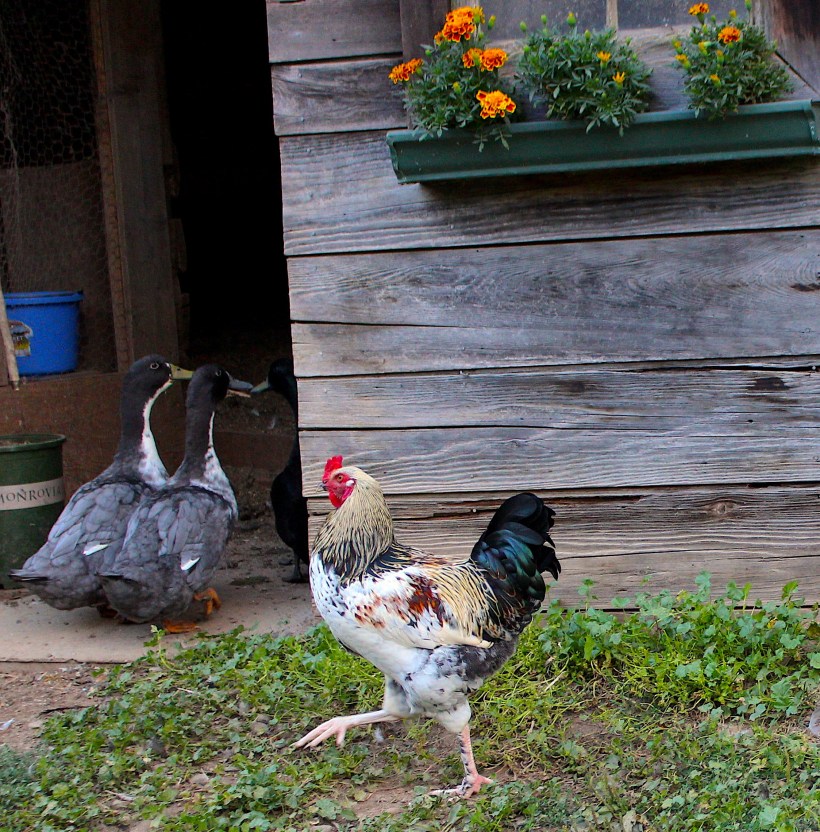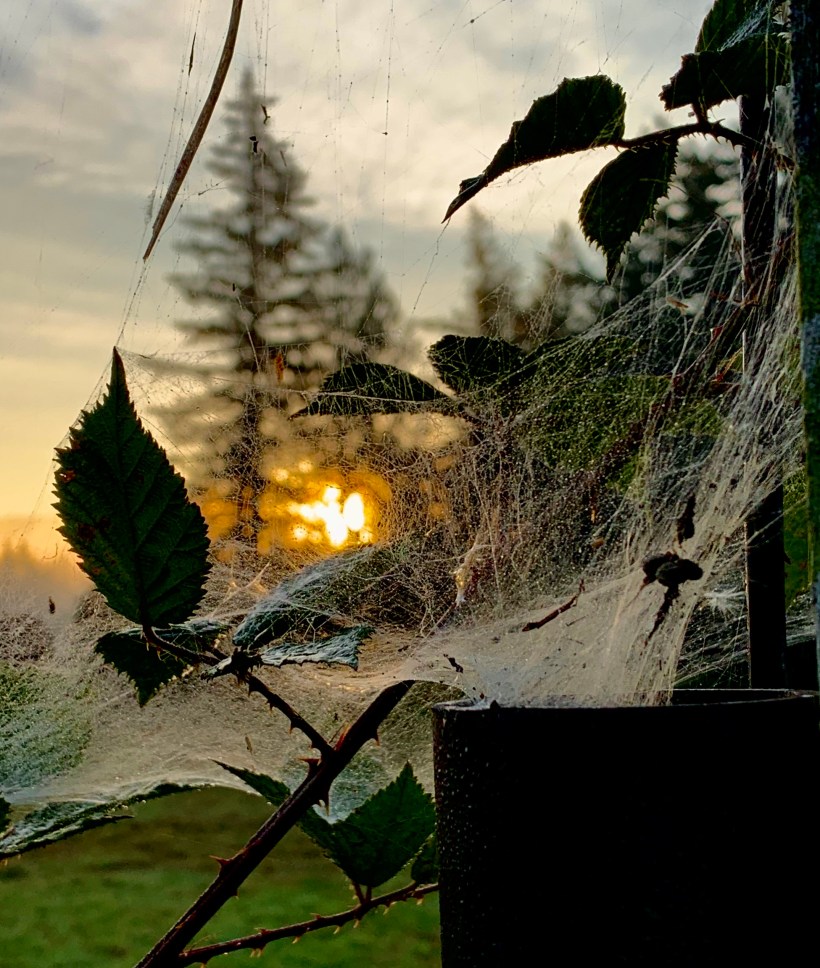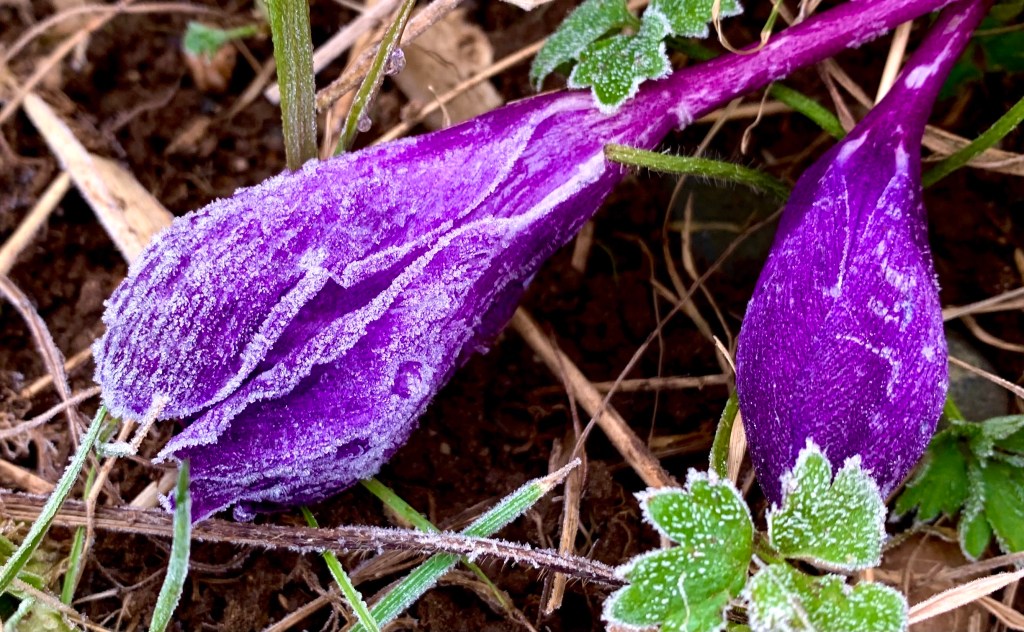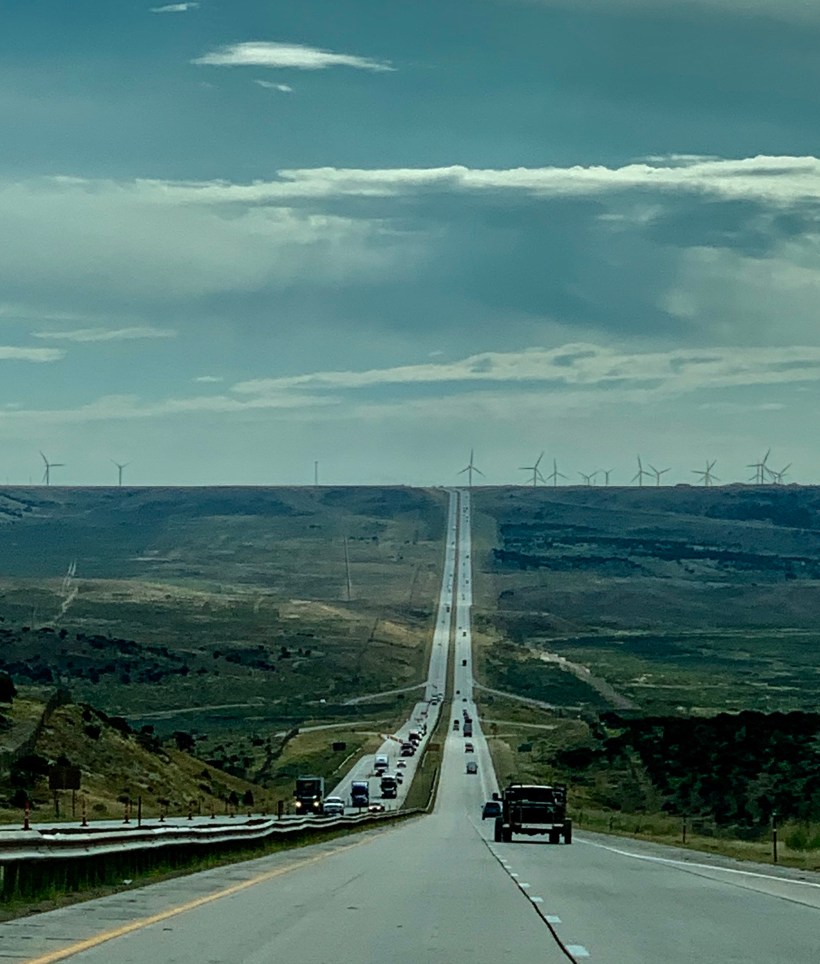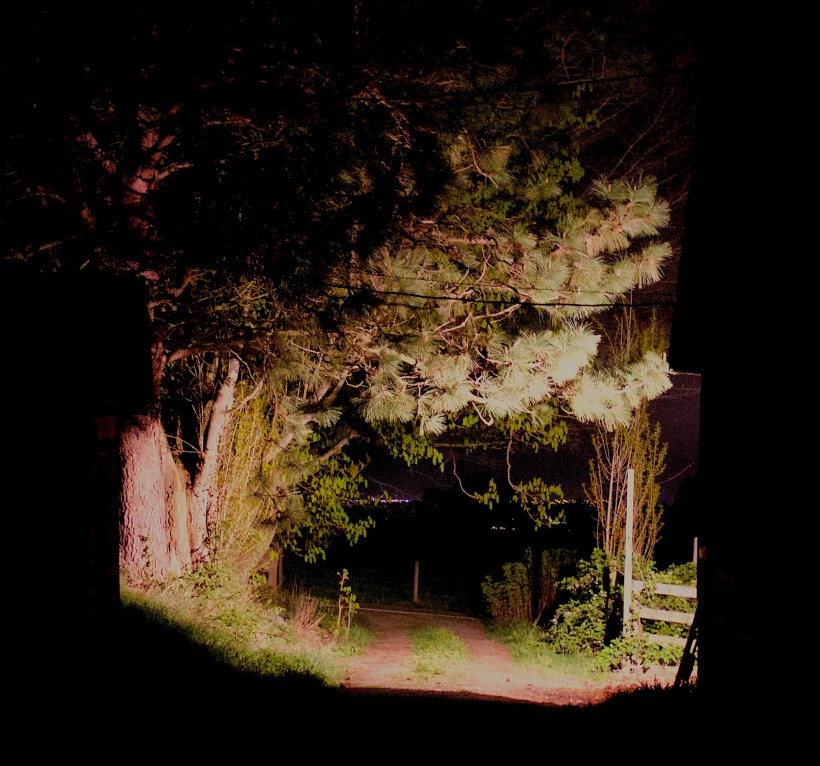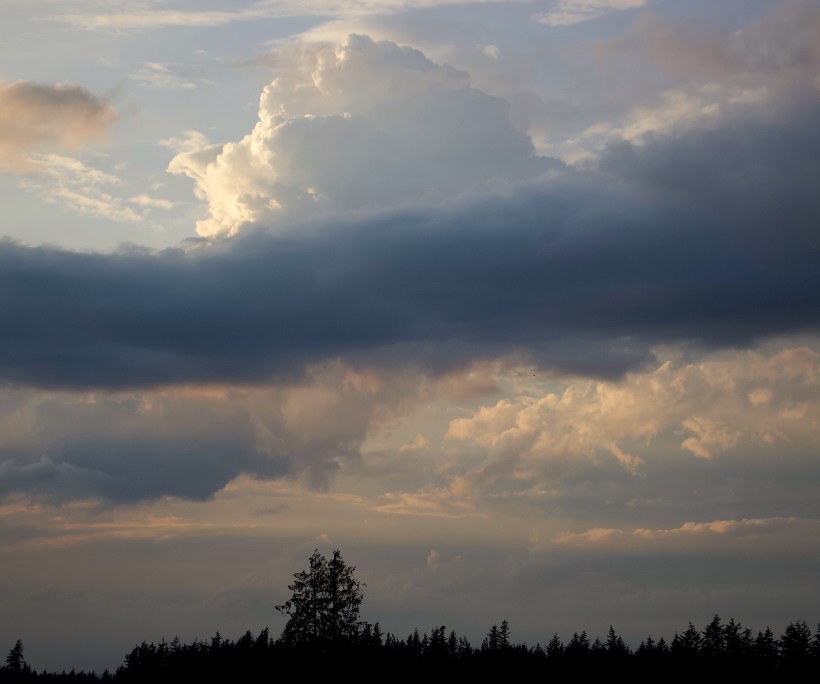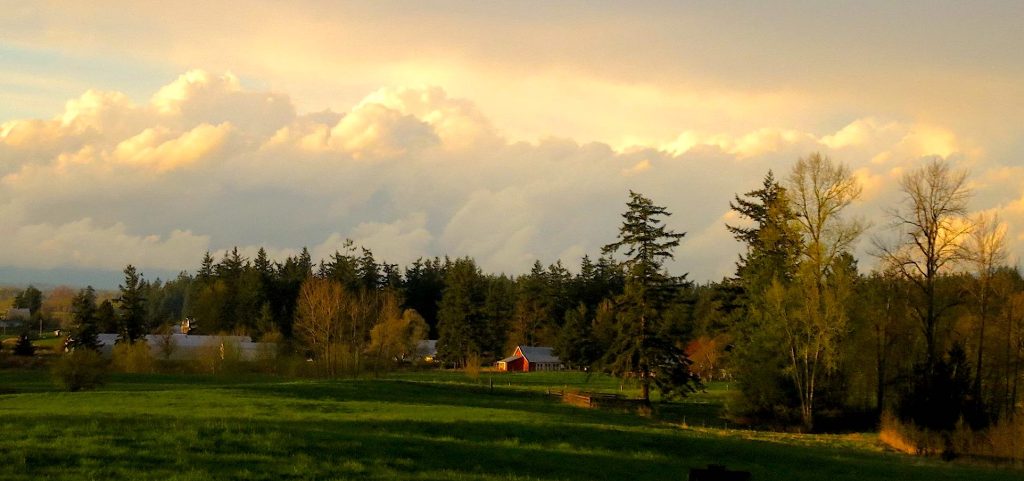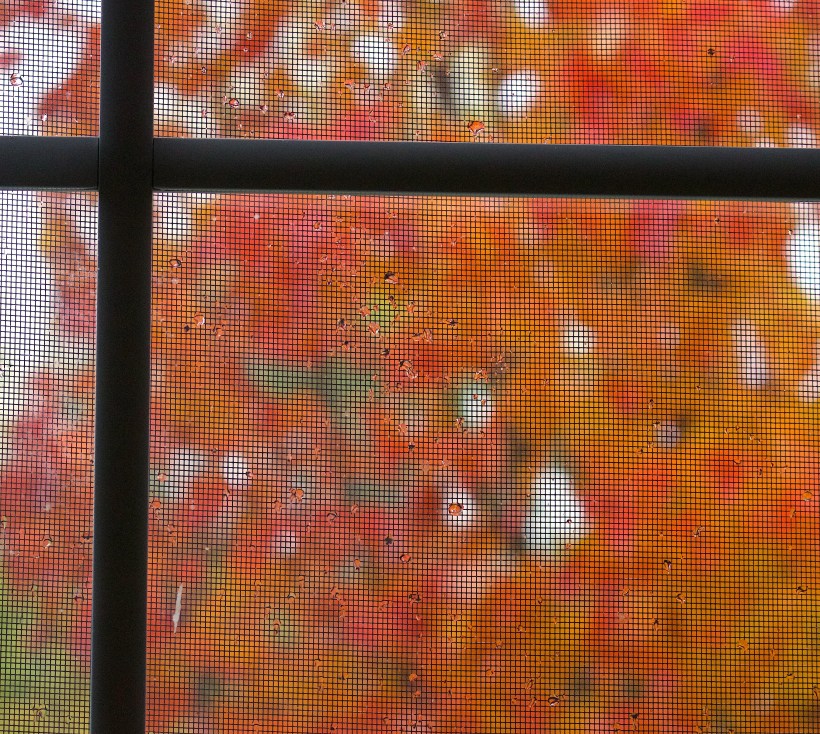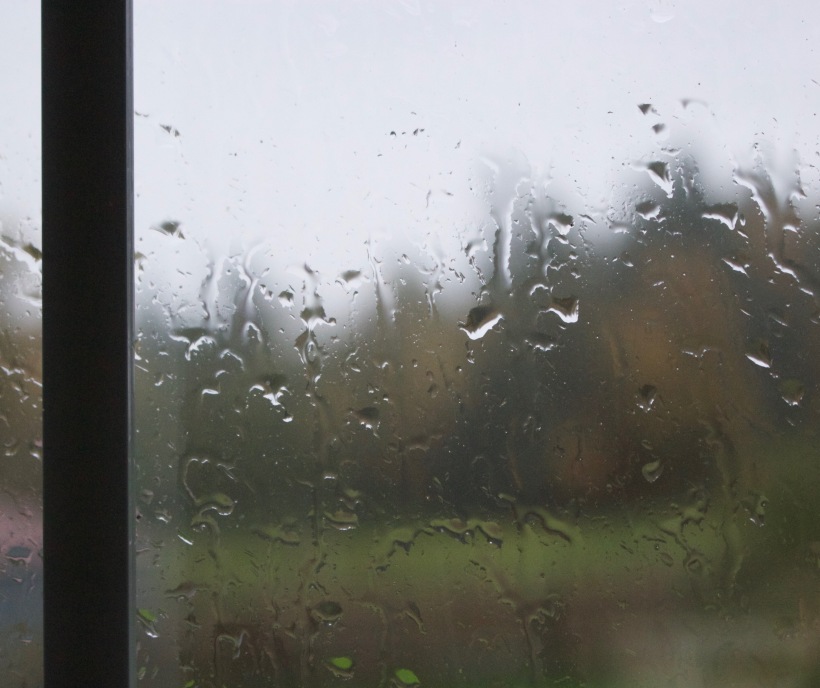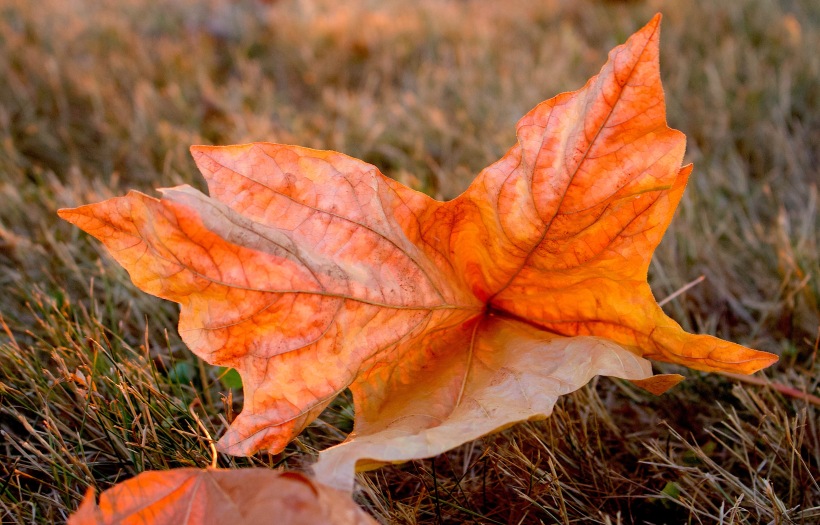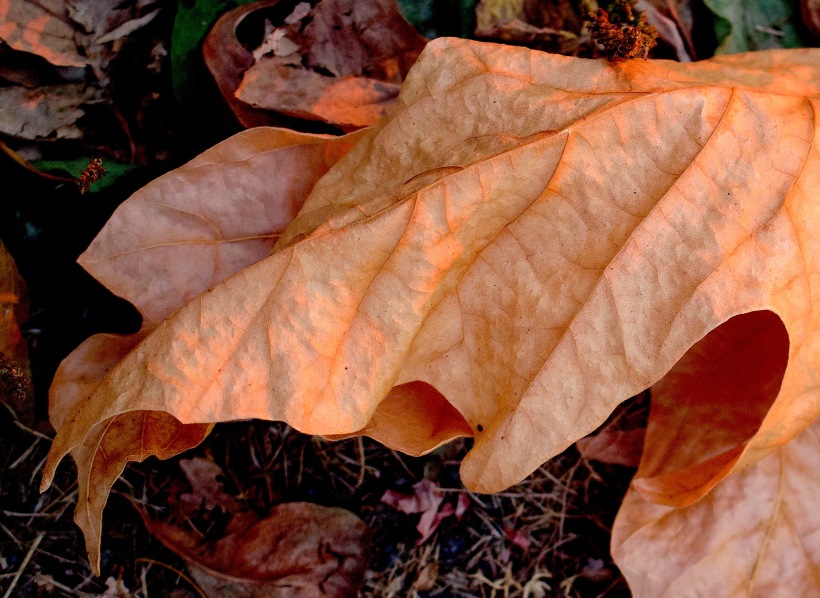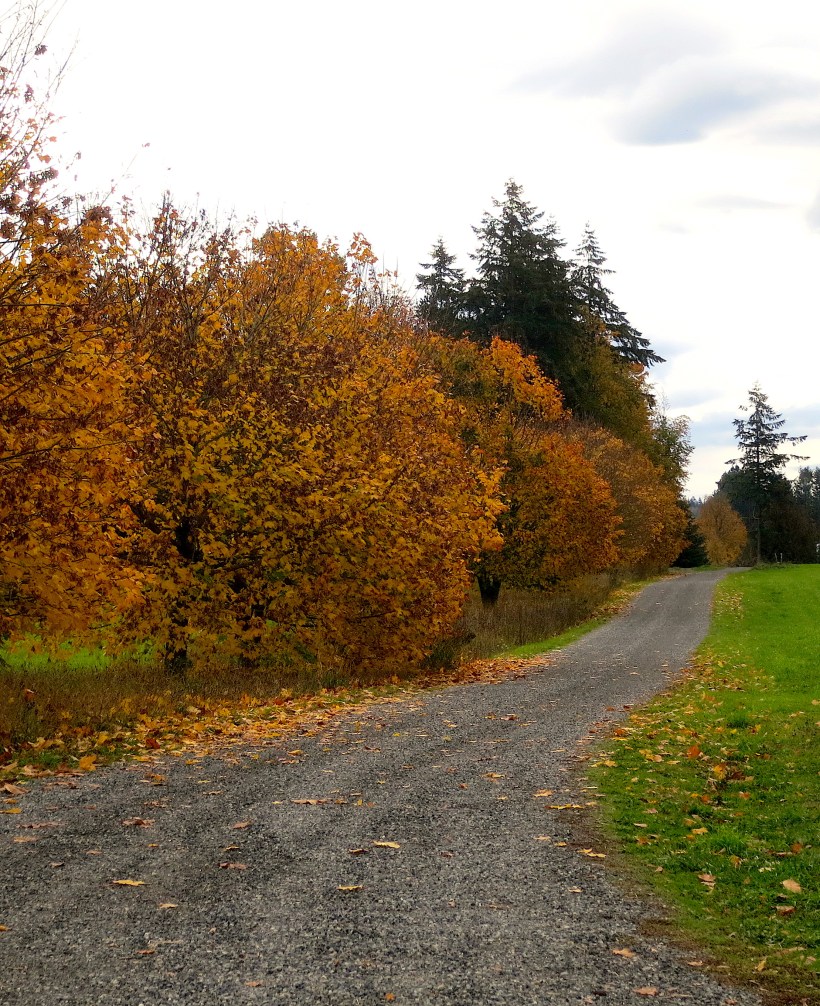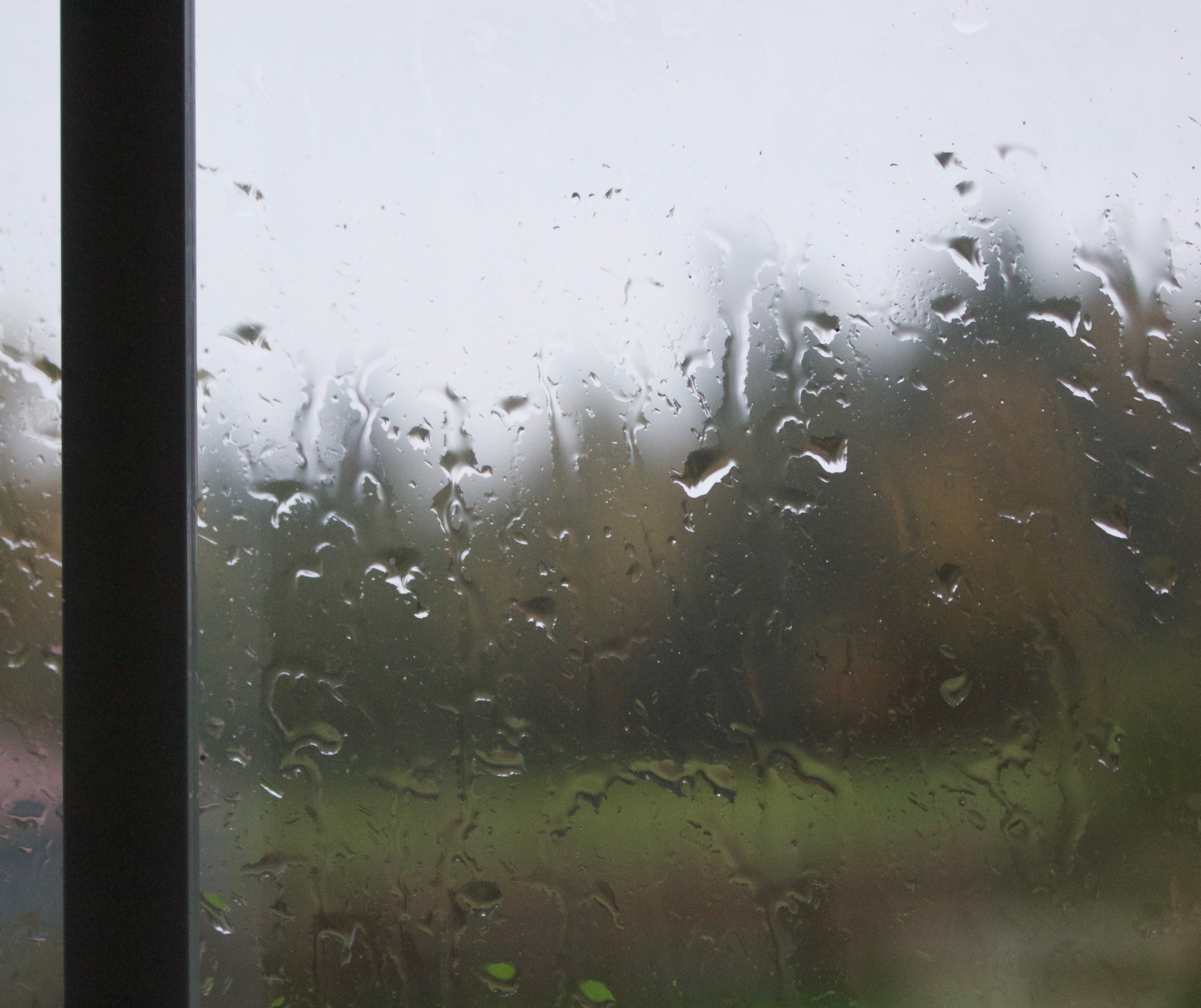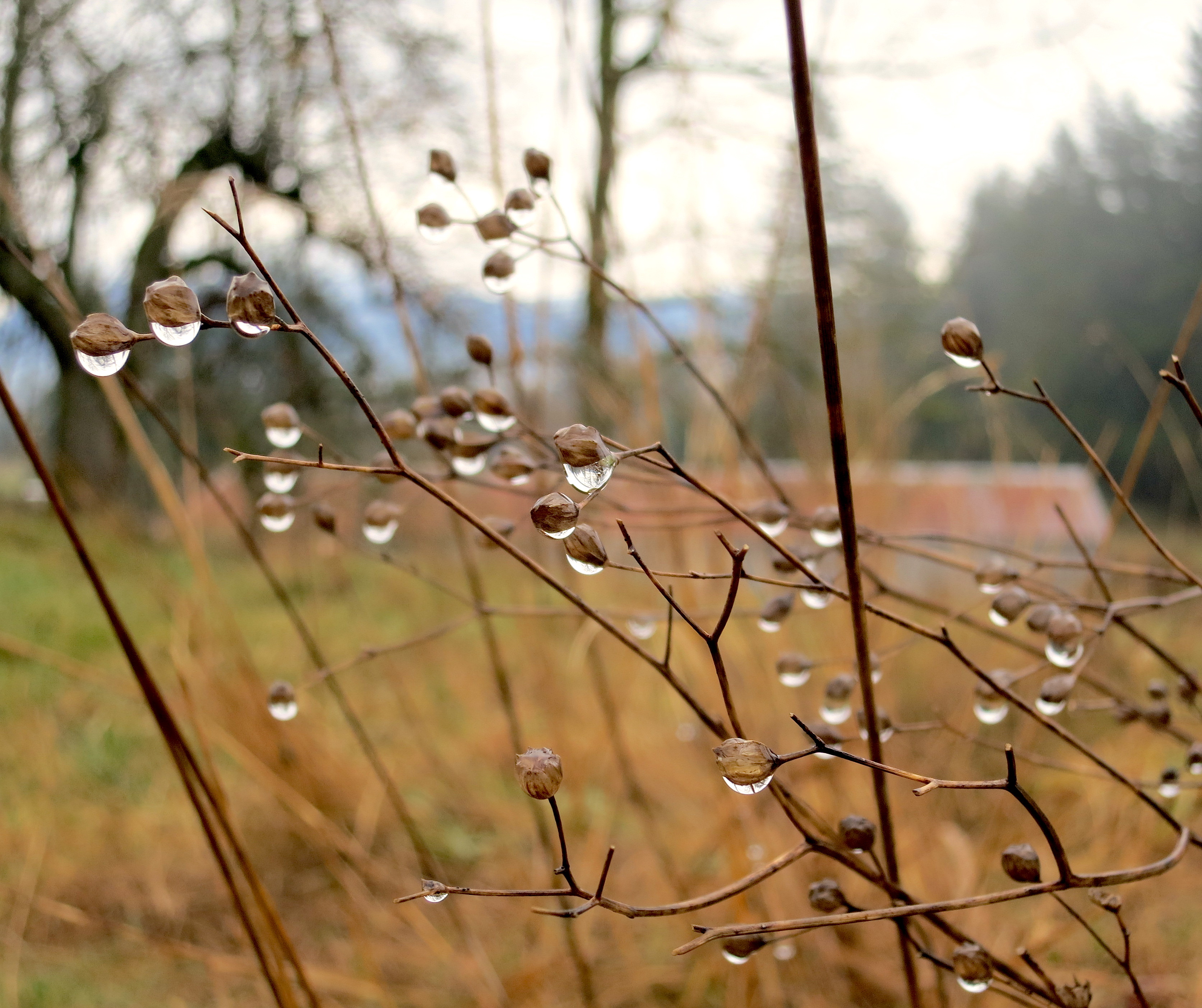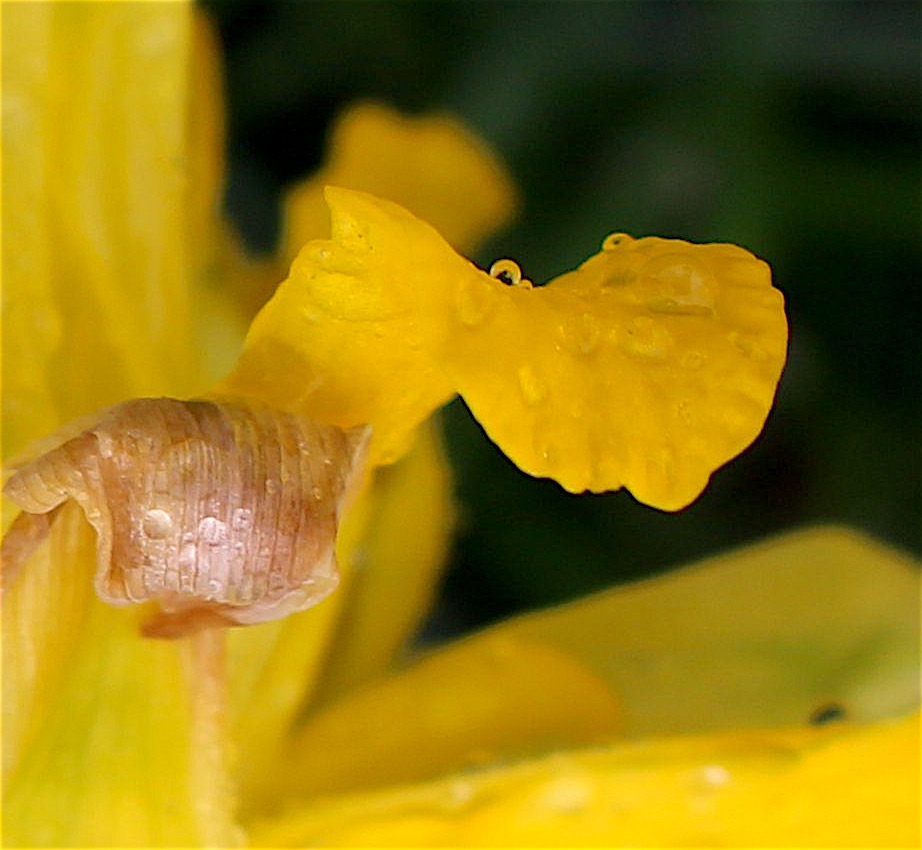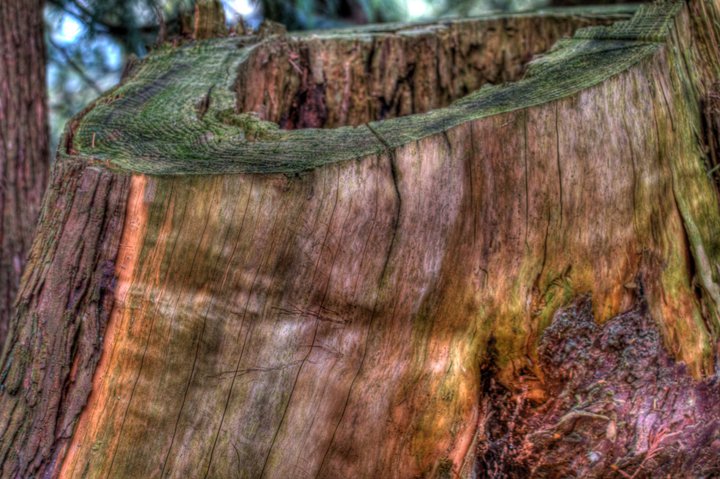

The world is charged with the grandeur of God.
It will flame out, like shining from shook foil;
It gathers to a greatness, like the ooze of oil
Crushed.
~Gerard Manley Hopkins from “God’s Grandeur”
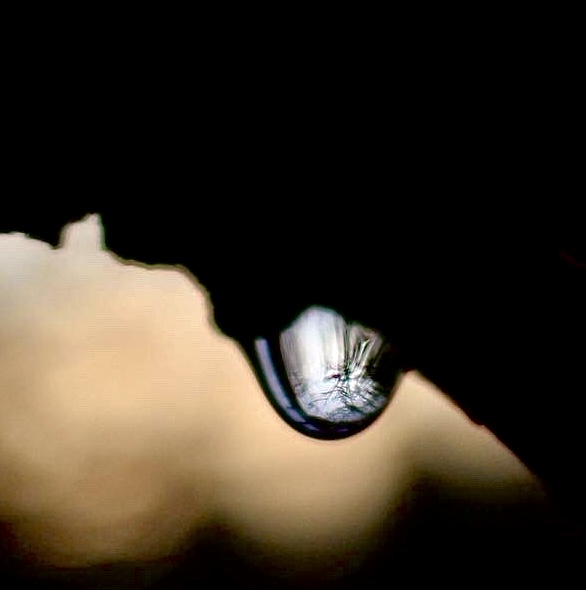
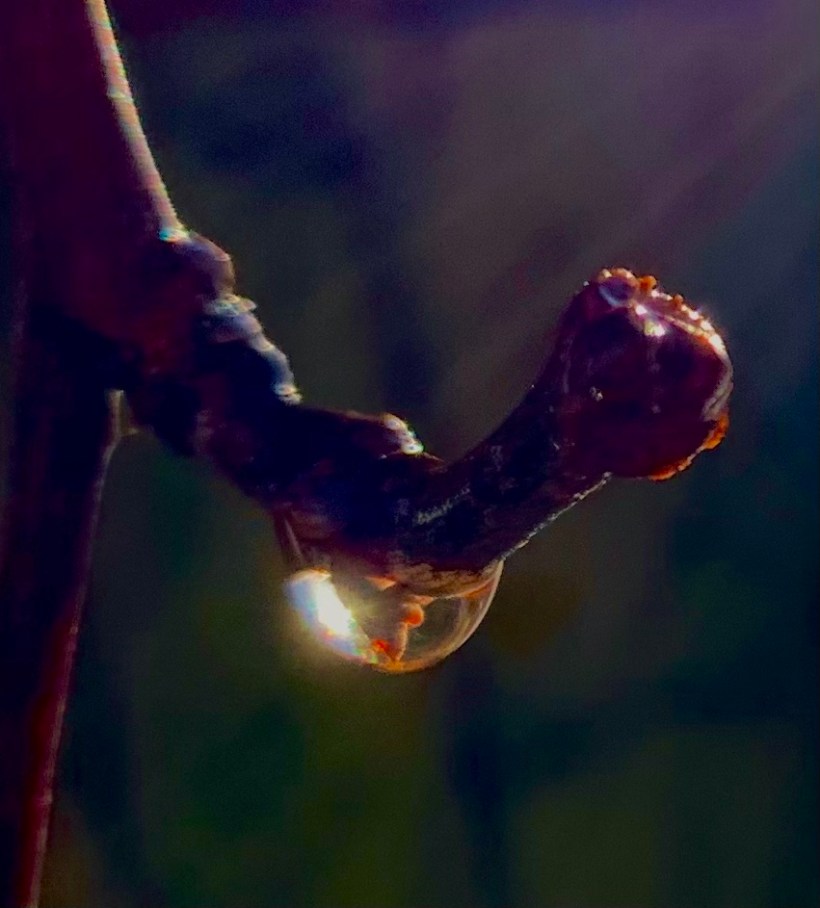
What took Him to this wretched place
What kept Him on this road?
~Stuart Townend and Keith Getty from “Gethesemane”


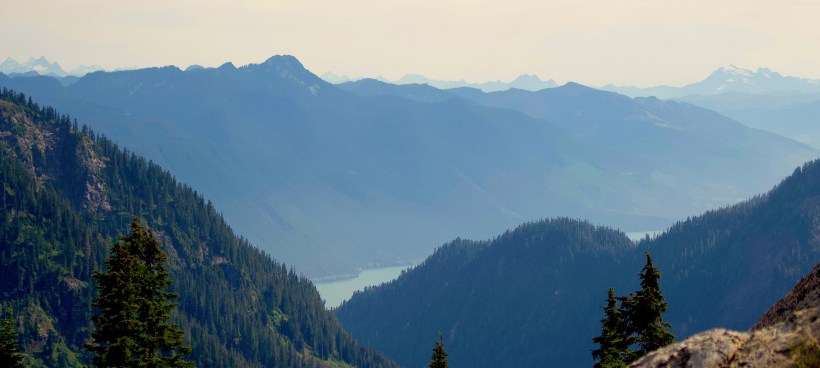
Jesus said, wait with me. But the disciples slept.
Jesus said, wait with me. And maybe the stars did,
maybe the wind wound itself into a silver tree, and didn’t move, maybe
the lake far away, where once he walked as on a
blue pavement,
lay still and waited, wild awake.
Oh the dear bodies, slumped and eye-shut, that could not
keep that vigil, how they must have wept,
so utterly human, knowing this too
must be a part of the story.
~Mary Oliver from “Gethsemane”
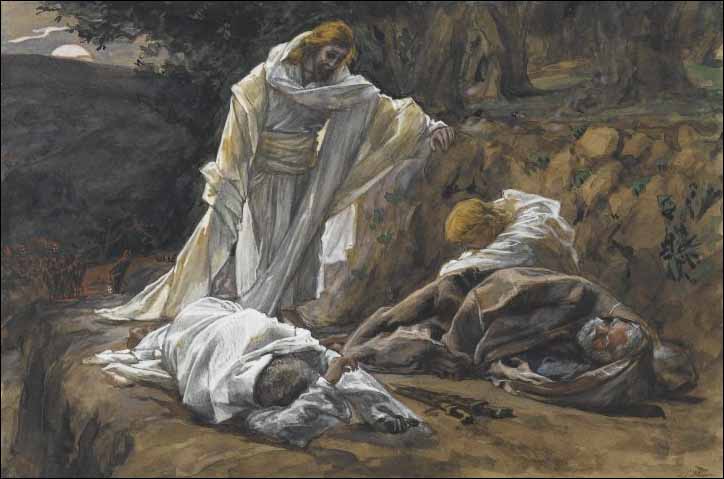
Today marks the crushing of Christ in the Garden of the Oil Press: Gethsemane -a place of olive trees treasured for the fine oil delivered from their fruit. And so, on this night, the pressure is turned up high on the disciples, not just on Jesus.
The disciples are expected, indeed commanded, to keep watch alongside the Master, to be filled with prayer, to avoid the temptation of their weakened flesh at every turn.
But they fail pressure testing and fall apart.
Like them, I am easily lulled by complacency, by my over-indulged satiety for material comforts that do not truly fill hunger or quench thirst, by my expectation that being called a follower of Jesus is somehow enough.
It is not enough.
I fail the pressure test as well.
I fall asleep through His anguish.
I dream, oblivious, while He sweats blood.
I give Him up with a kiss.
I might even deny I know Him when I’m pressed hard.
Yet, the moment of His betrayal becomes the moment He is glorified,
thereby God is glorified and we are saved.
Crushed, bleeding, poured out over the world –
He becomes the sacrifice that anoints us.
Incredibly,
mysteriously,
indeed miraculously,
He loves us anyway, broken as we are,
because He knows broken like no other.
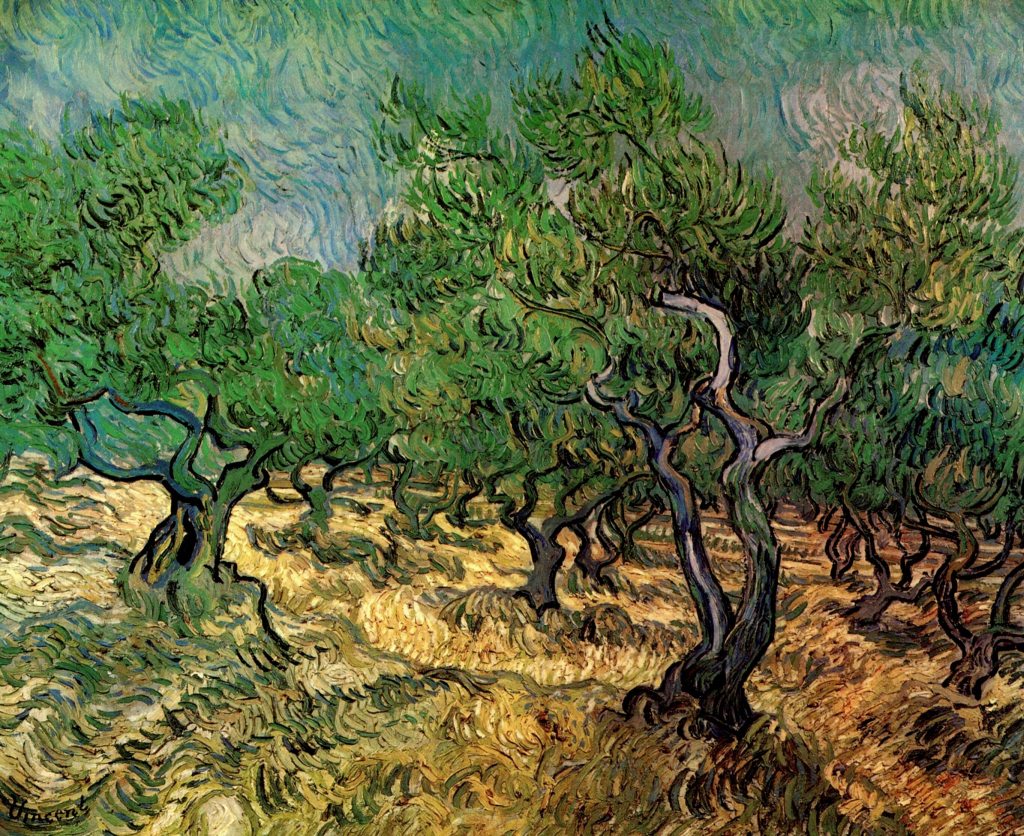
This year’s Lenten theme for Barnstorming is a daily selection from songs and hymns about Christ’s profound sacrifice on our behalf.
If we remain silent about Him, the stones themselves will shout out and start to sing (Luke 19:40).
In His name, may we sing…
Make a one-time or recurring donation to support daily Barnstorming posts
Make a monthly donation
Make a yearly donation
Choose an amount
Or enter a custom amount
Your contribution is deeply appreciated.
Your contribution is appreciated.
Your contribution is appreciated.
DonateDonate monthlyDonate yearly